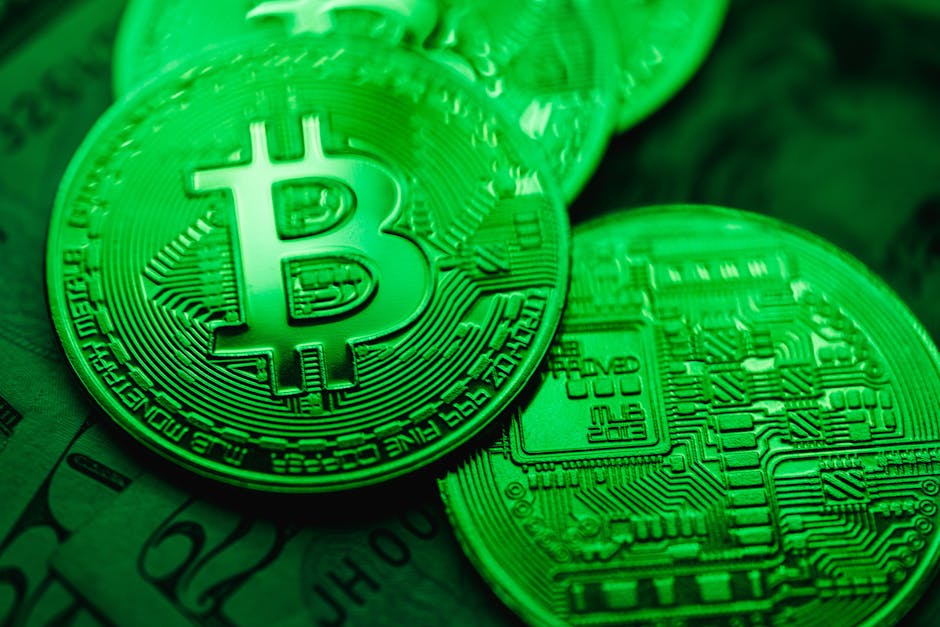
Blockchain Technology for Seamless Arbitration
Blockchain Technology for Seamless Arbitration
Arbitration is an essential method for resolving disputes outside of traditional legal systems. It offers various benefits, such as privacy, flexibility, and cost-effectiveness. However, the process has its challenges, including the need for trust and transparency. This is where blockchain technology comes into play.
Blockchain, the underlying technology behind cryptocurrencies like Bitcoin, provides a decentralized and transparent ledger for recording transactions. It ensures the integrity and immutability of data by distributing it across a network of computers, making it nearly impossible to manipulate or tamper with.
When applied to arbitration, blockchain technology offers numerous advantages. Firstly, it enhances trust among parties by creating an immutable record of all arbitration-related activities. Parties can rely on the accuracy and transparency of information, reducing the potential for disputes about the facts.
Secondly, blockchain enables secure and tamper-proof storage of evidence and documentation. All relevant documents, such as contracts, communications, and supporting materials, can be digitally stored on the blockchain, eliminating concerns about data loss or forgery.
Thirdly, blockchain facilitates the automation of certain arbitration processes. Smart contracts, self-executing agreements stored on the blockchain, can automatically perform predefined actions when specific conditions are met. For instance, a smart contract can release funds to the prevailing party once a decision has been reached.
Lastly, blockchain technology ensures the permanence of arbitration decisions. Once an award is issued and recorded on the blockchain, it becomes an irrevocable and unalterable record. This feature promotes finality and certainty, reducing the chances of lengthy appeals or challenges.
In conclusion, blockchain technology offers significant advantages in the field of arbitration. Its decentralized and transparent nature enhances trust, while the secure storage of evidence and automation of processes streamlines the arbitration process. Furthermore, the permanence of arbitration decisions contributes to the efficiency and effectiveness of dispute resolution. As blockchain continues to evolve, it holds great promise for creating a seamless and trustworthy arbitration environment.
